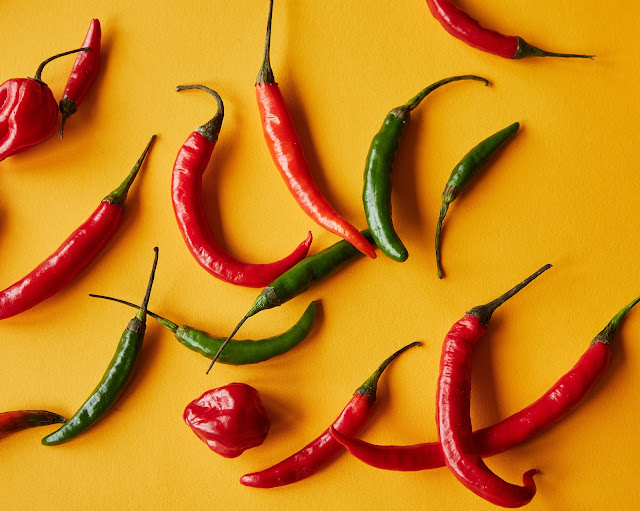What foods you shouldn't eat late at night and their effects on the body
Numerous individuals are compelled to eat late at night due to unforeseen circumstances. One of the most prevalent causes for this is that they don't get home early enough due to the nature of their occupation, which is why they end up having to eat so late at night. People in this circumstance are frequently unable to afford the luxury of allowing their bodies sufficient time to digest the meal they consumed before bed.
This can have several adverse
effects on one's health, including an increased risk of obesity, acid reflux,
disturbed sleep, and, in certain cases, indigestion. However, while many people
are aware of the types of foods that should not be consumed during the morning
meal, a large number of people are ignorant that some foods should also not be
ingested late at night, particularly in the hours leading up to bedtime.
These are foods you should avoid eating late at night, as well as the negative health impacts these meals have when consumed at such an hour. The foods are described as follows:
1. foods that are high in starch
Late-night diners should avoid eating starchy meals for dinner, particularly potatoes, pasta, and rice. This is because to the fact that starchy foods are commonly metabolised or broken down into sugar, causing an increase in blood sugar and insulin levels. It is better to avoid starchy foods as a dinner option. Because the body is at rest and does no work throughout the night, sugar cannot be used for energy as it typically would; instead, it is stored as fat, contributing to obesity.
2. foods with a spicy pepper tasteEven if you have a taste for spicy
foods, you should strive to consume them much earlier in the day due to the
effect they have when consumed so late at night. Spicy foods have the potential
to cause heartburn, especially if you go to sleep shortly after eating them,
which is when they are most likely to do so. Spicy foods might irritate the
bladder, causing you to urinate more frequently during the night.
3. Simple carbs
Due to their high glycemic index, meals
such as cakes, pizzas, sodas, raw sugar, fruit juices, bread, and most
breakfast cereals should be avoided at night. This is due to the rapid
absorption of certain nutrients into the bloodstream. Because your body performs
less work during sleep, the sugar you consume will be stored as fat, causing
you to gain weight.
4. fatty foods
In addition, you should avoid consuming
fatty foods late at night due to the negative health effects they may have.
Because they are difficult to digest and may exacerbate gastrointestinal
disorders, they should not be consumed at night. It is also crucial to restrict
your consumption of fatty meals since they tend to be higher in trans fat,
which is detrimental to your heart health. Therefore, you should minimise your
consumption of foods with high amounts of veggies and palm oil.




Comments
Post a Comment